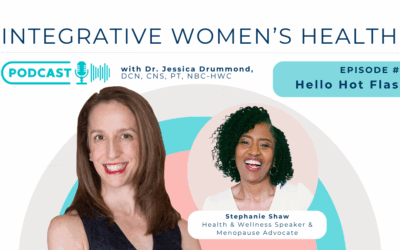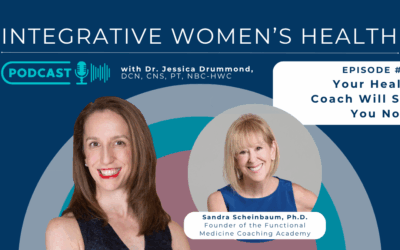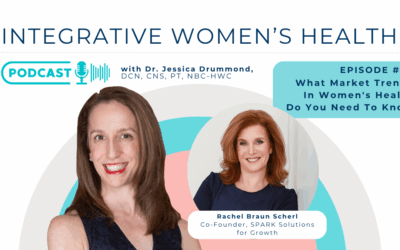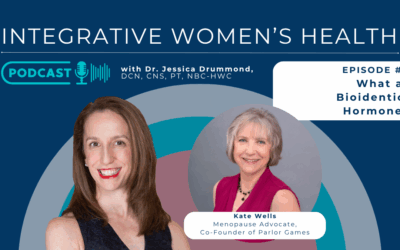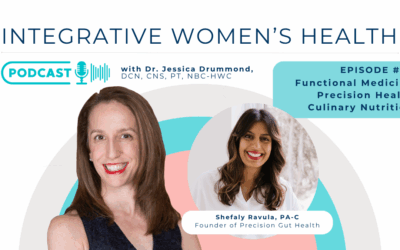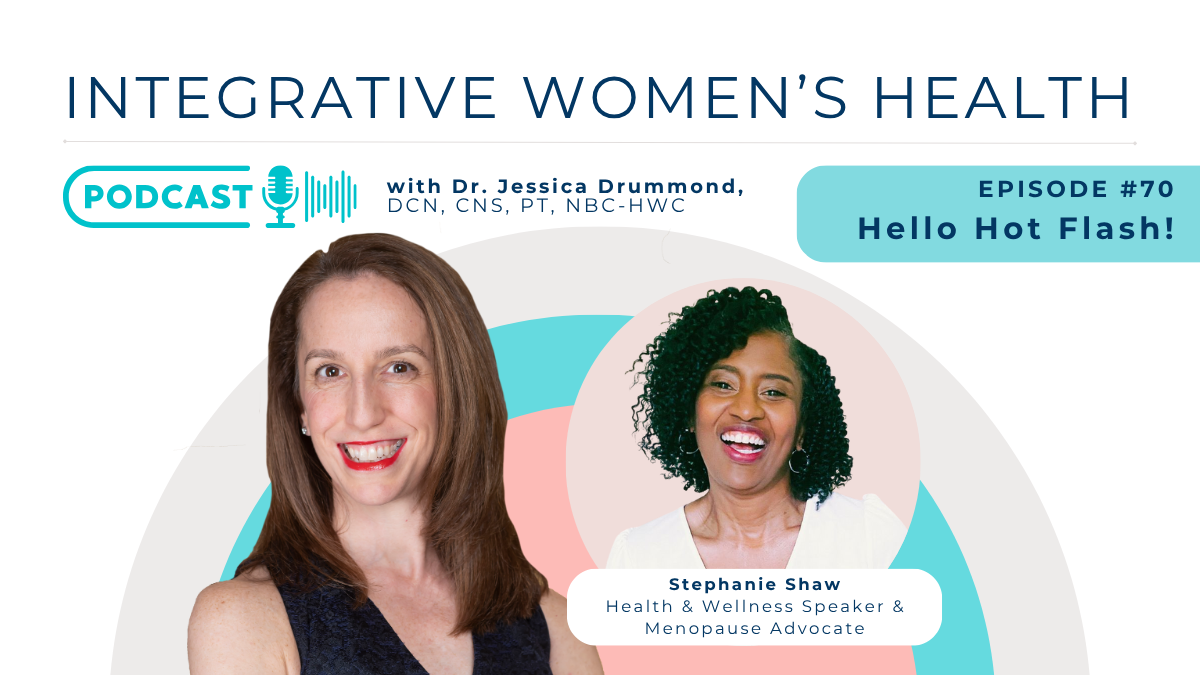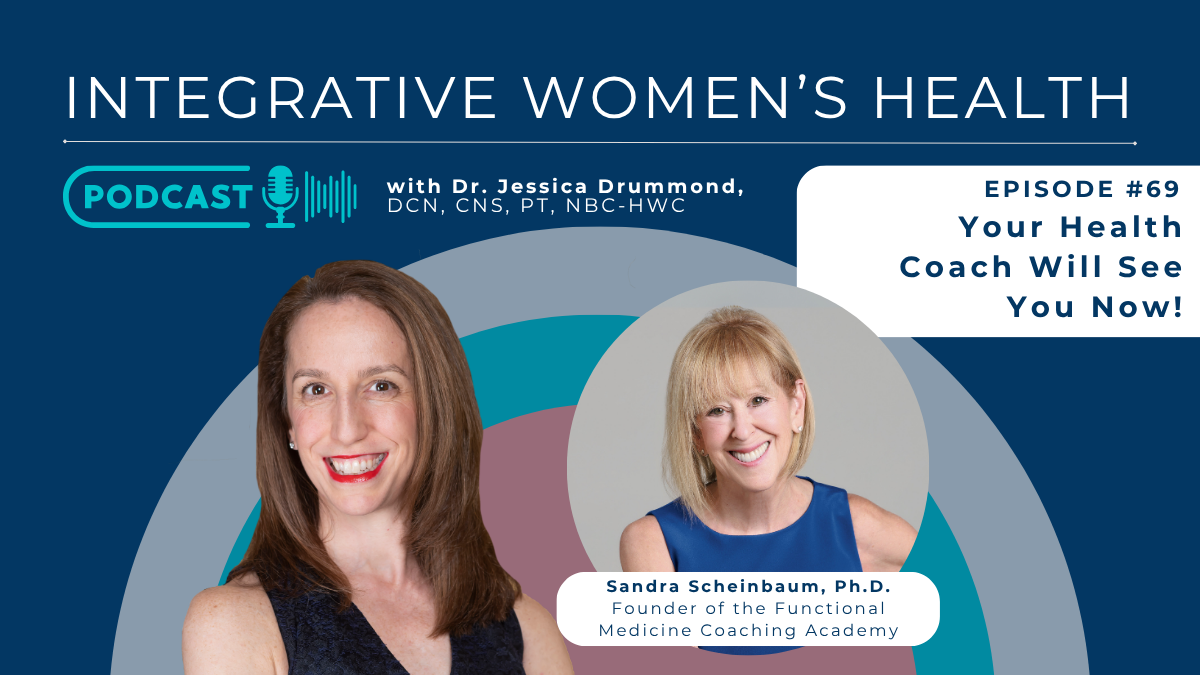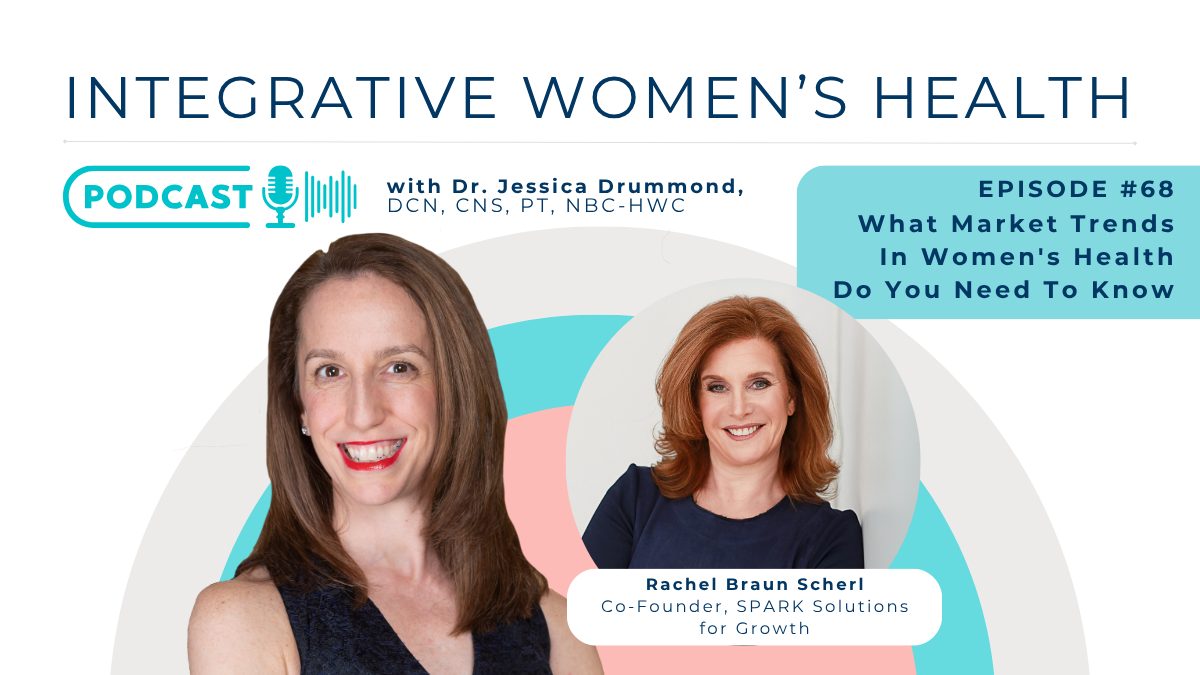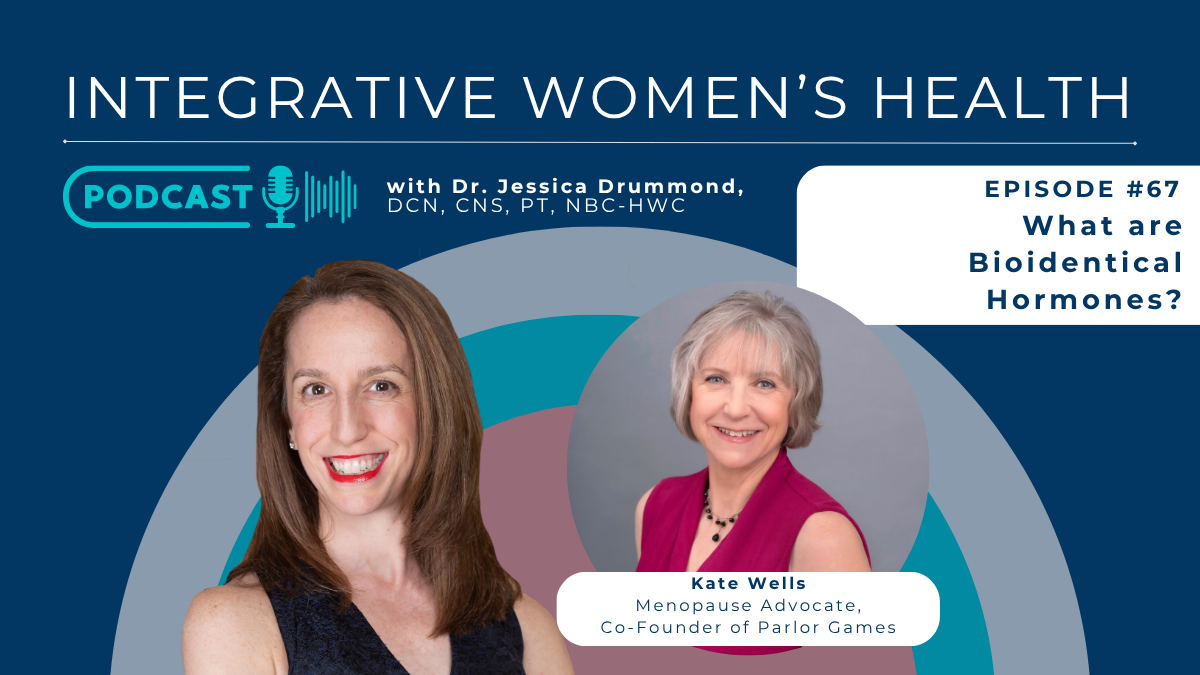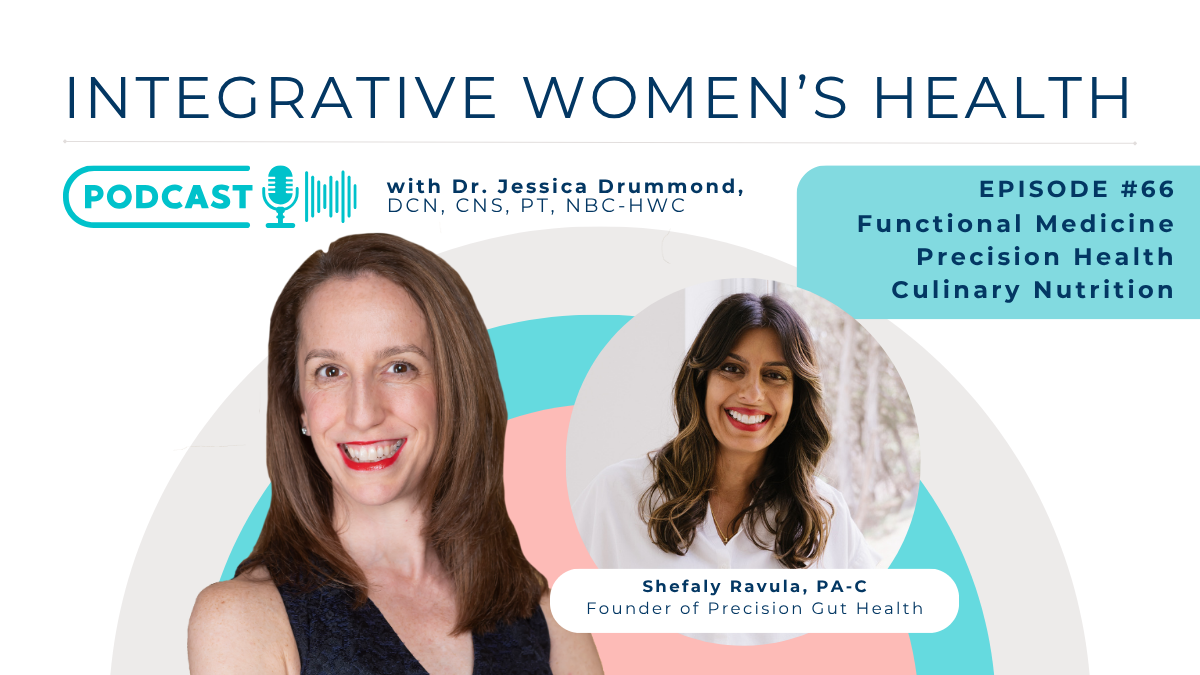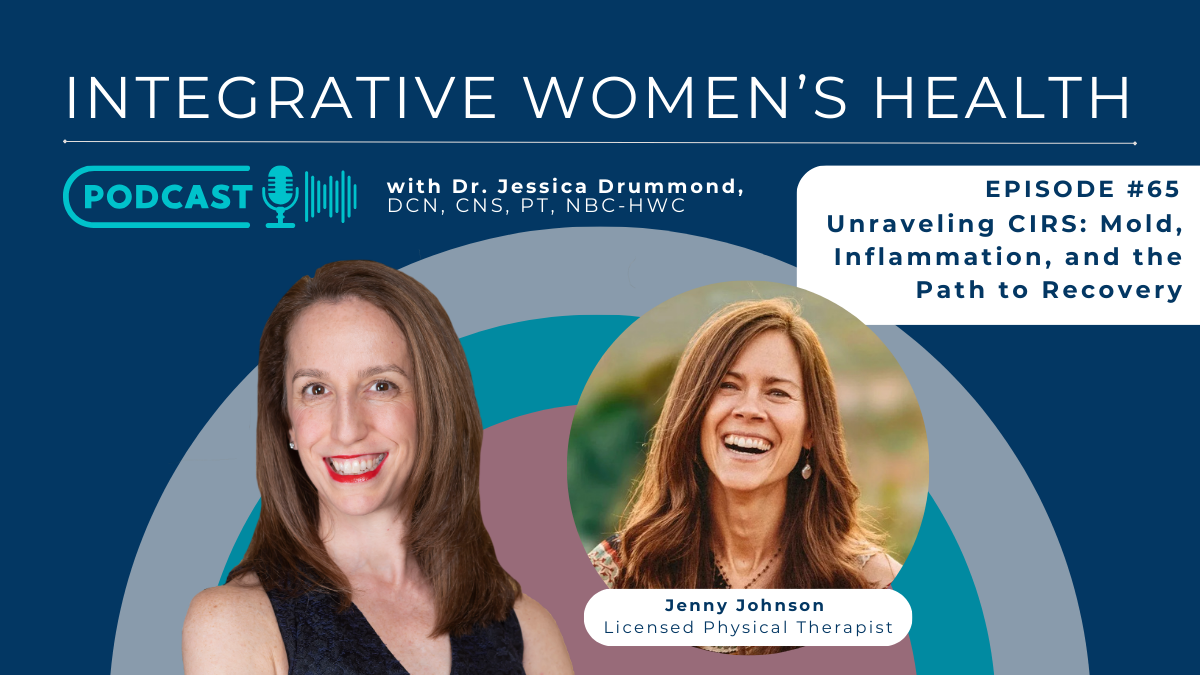In the realm of women’s sexual health, Human Papillomavirus (HPV) emerges as a pervasive and often underestimated threat. The prevalence of HPV is a threat to the health of women all over the globe.
The statistics are not just alarming; they reveal a global crisis that demands attention. According to the Center for Disease Control and Prevention (USCDC), the prevalence of genital HPV in adults aged 18 to 59 is staggering. Approximately 79 million Americans are currently infected with HPV, and about 14 million people, including both men and women, become newly infected each year.
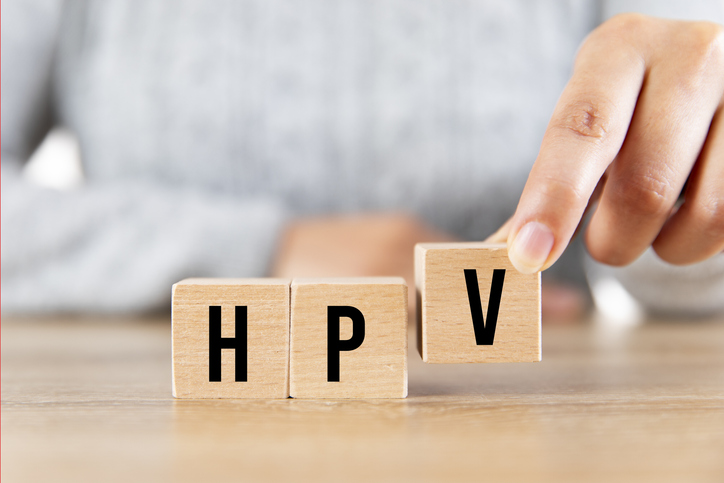
In the United States alone, by their late 50s, 45.2% of men and 39.9% of women have encountered this sexually transmitted infection (STI).
These numbers catapult HPV to the top of the list as the most common STI in the country.
Why is HPV Prevention So Important?
HPV is the primary cause of cervical cancer.
Each year in the United States, approximately 13,800 new cases of cervical cancer are diagnosed, and around 4,290 women die from the disease.
These statistics underscore the direct impact of HPV on the development of cervical cancer, emphasizing the need for prevention strategies such as vaccination and regular screenings.
Global Impact on Women’s Health:
However, HPV is not confined within borders; it’s a global health concern with profound implications for women worldwide.
Cervical cancer, predominantly caused by persistent HPV infections, exhibits dramatic variations in rates globally, ranging from 1 per 100,000 females to a staggering 50 per 100,000 females.
Hotspots for these high rates include Latin America, the Caribbean, Sub-Saharan Africa, and parts of Asia. Shockingly, in India, cervical cancer has become the leading female cancer, with an annual incidence of 132,000 cases and a devastating 74,000 deaths.
Global Variations in HPV Prevalence:
The statistics underscore the global burden of HPV, emphasizing that this is not just an issue in developed nations but a crisis affecting women in communities worldwide.
In some countries, particularly in regions with limited healthcare access, the lack of awareness and resources compounds the problem.
It is crucial to recognize that while the prevalence might be lower in the US and other Western nations, this doesn’t diminish the significance of HPV on a global scale.
Cervical cancer rates are not merely numbers; they represent real lives affected by a preventable disease, highlighting the urgent need for targeted interventions.
A Call to Action: Unite to Break the Silence Around HPV
Awareness, vaccination, immune-boosting nutrition, and regular screenings emerge as crucial tools in the arsenal of HPV prevention and reduction.
Despite the availability of effective HPV vaccines, vaccination rates in the United States have been suboptimal. According to CDC data, as of 2020, only about 54% of adolescents aged 13-17 had completed the recommended HPV vaccination series. Increasing vaccination rates is crucial for preventing HPV-related cancers, including cervical cancer, and protecting women’s health in the long term.
As individuals, communities, and nations, we must unite to break the silence surrounding HPV and take proactive measures to mitigate its impact on women’s health.
The power of conversation, education, and support cannot be overstated.
Utilizing social media platforms and community forums, we can foster open dialogues about HPV, eroding the stigma associated with STIs.
Additionally, advocating for accessible vaccination programs, especially in regions with high prevalence rates, can be a game-changer in the fight against HPV.
HPV is more than just a statistic; it’s a pervasive reality that transcends borders, impacting the lives of women across the globe.
By acknowledging the prevalence of HPV on a global scale, we lay the foundation for a collaborative effort specifically tailored to combat its devastating effects on women’s health.
Let’s break the silence, share information, and support initiatives that work towards a world where HPV is no longer a hidden threat to women.
Together, we can raise awareness, promote global women’s health, and contribute to the reduction of the HPV burden.
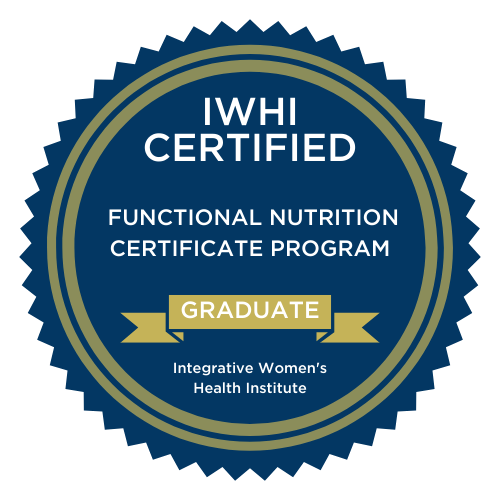
BECOME A FUNCTIONAL NUTRITION EXPERT IN 6 MONTHS!
Fast-track to becoming a specialized expert in functional nutrition for women’s health in under six months.
Gain the confidence you need to address digestive health issues, chronic pain and illness, autoimmune conditions, gut microbiome imbalances, disordered eating, hormonal imbalances, fatigue, and more!

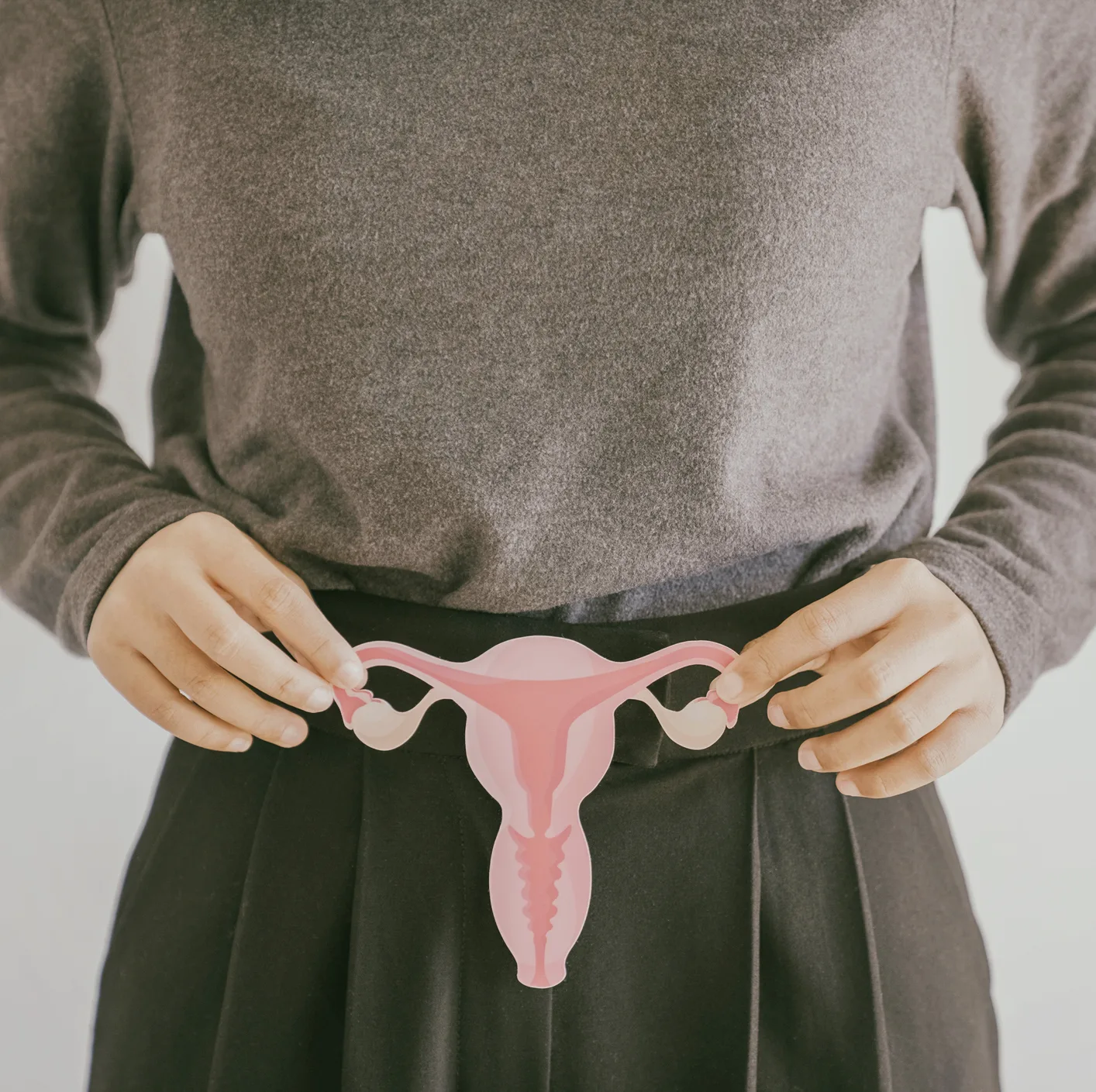
Resources for more information about HPV prevalence and prevention:
American Cancer Society: The American Cancer Society offers resources on HPV and cervical cancer, including information on vaccination, early detection, and reducing the risk of cervical cancer.
National Cervical Cancer Coalition (NCCC): National Cervical Cancer Coalition provides information and support for individuals affected by cervical cancer. Their website offers resources on prevention, early detection, and coping with a diagnosis.
Planned Parenthood: Planned Parenthood offers information on HPV, including details about the virus, vaccination, and preventive measures.
HPV-Impact Project: The HPV-Impact Project is a research initiative providing information on the real-world impact of HPV vaccination. It offers insights into the effectiveness of vaccination in preventing HPV-related diseases.
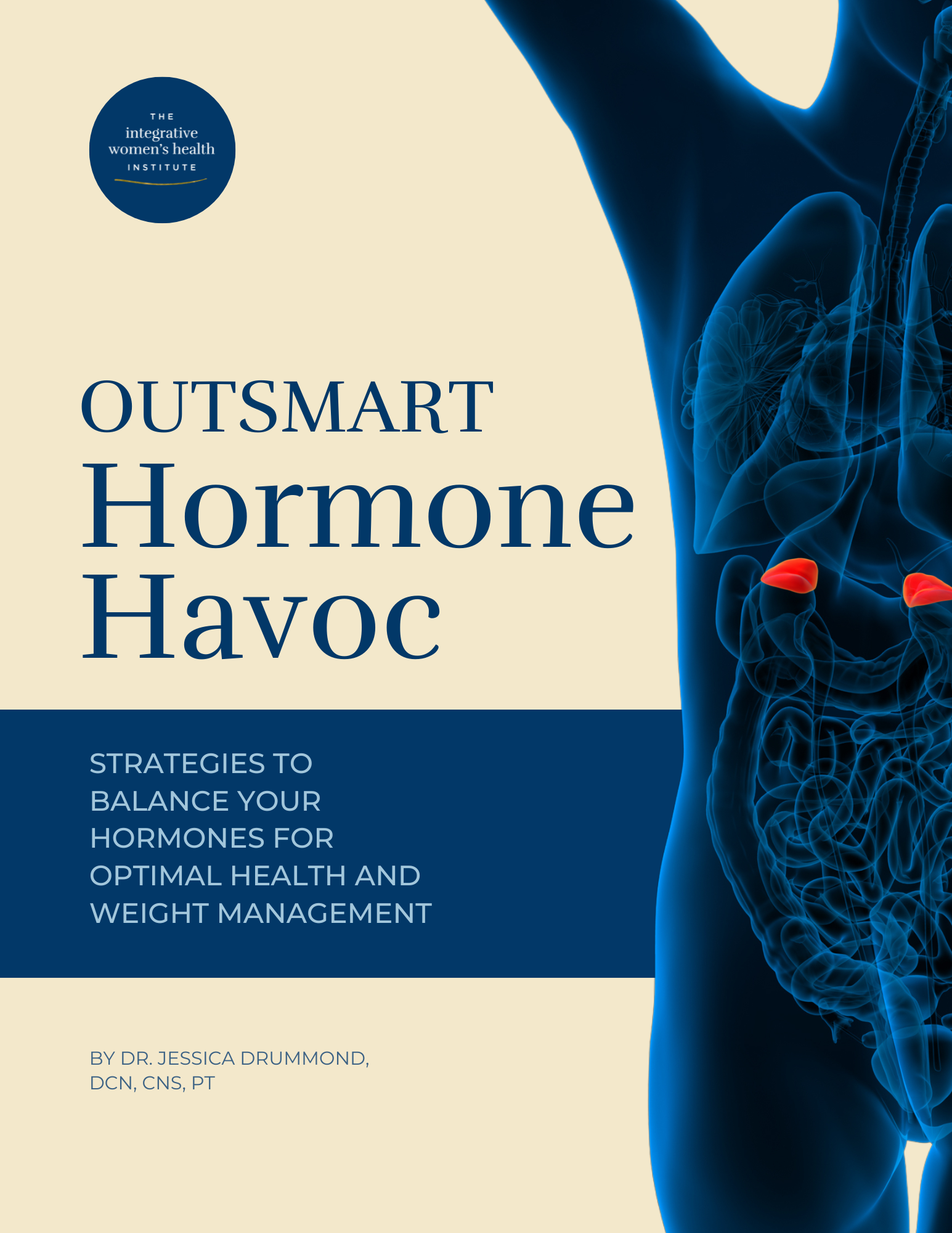
Download your free copy of the Outsmart Hormone Havoc eBook!
Strategies to Balance Your Hormones for Optimal Health and Weight Management

Dr. Jessica Drummond
Founder & CEO
The Integrative Women’s Health Institute
At the Integrative Women’s Health Institute, we’ve dedicated 17 years to crafting evidence-driven, cutting-edge programs that empower practitioners like you to address the complexities of women’s health.
Dr. Jessica Drummond’s unique approach focuses on nervous system dysregulation, trauma, and mindset – essential elements often overlooked in traditional health education.
In addition, your training will be fully evidence based, personalized, and nuanced (this is not a cookie cutter approach) in functional nutrition, exercise, recovery, cellular health, and all other lifestyle medicine tools.
You’ll learn to support your clients with cutting edge tools safely and effectively.
Read Related Posts from The Integrative Women's Health Institute Blog:
Download The WHC Program Guide!
Enter your information to download your copy The Women’s Health Coach Certification Program guide.

Download your free copy of the Outsmart Hormone Havoc eBook!

